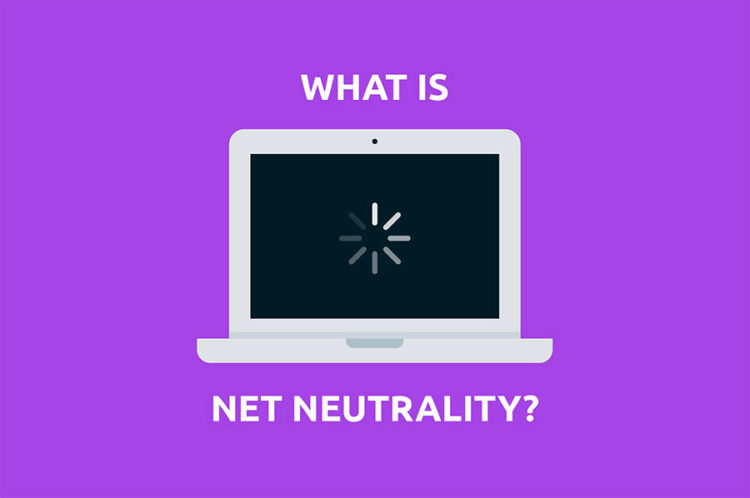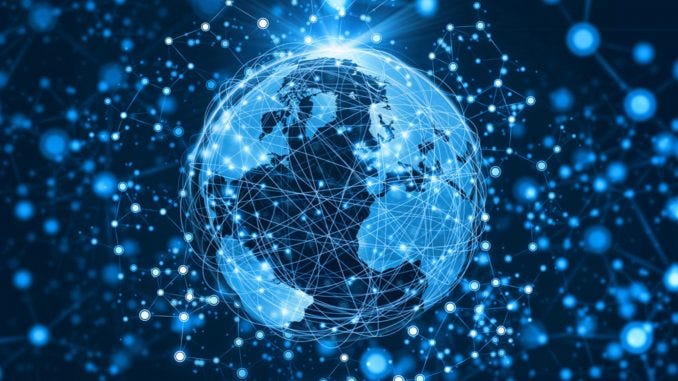
Over the course of human history, a variety of developments have reshaped how people live. Perhaps the earliest such case came from our ancestors discovering fire, which allowed for warmth, light, and protection. Once people became more civilized, they started to invent their own life-altering processes. These patents such as electricity, telephones, and vehicles make life far easier than it was prior to their existence. In the modern age, nothing quite compares to the impact of what can only be described as a new renaissance- the technological revolution. Within the past 30 years, breakthroughs such as the internet, computer, and cell phone to the point that this trio heavily impacts almost every aspect of our lives.
But what if these seemingly wonderful aspects of life could be creating an over reliance? These relatively new findings certainly carry plenty of unintended consequences with them. Speaking from my own personal experience, I see a plethora of potential benefits as well as cautions associated with technology. These inventions shape how I live, but I also am slowly beginning to learn how I can keep them in check and not let them rule over my life. I identified three major areas relevant to my life as well as my peers: catalyzed digitalization of learning, understanding the draw of social media, and examining the partisanship of major news networks
Digitalization of Learning
First of all, I would just like to state how thankful I am to have been on campus here at HPU for the past two semesters. It truly is not something I take for granted and I am beyond appreciative of everything the university has done to keep us here. Part of the change I noticed with COVID-19 these past two semesters was the amount of online content needed for class. While using Blackboard was heavily utilized my freshman year, I think that this year the amount of digital reliance we have needed far exceeds 2019-2020.
I've needed to use Chrome and Adobe Products for a variety of assignments over the past week
If that average daily usage appears concerning to you, trust me, it is to me as well. I might not be the only one with prolonged screen time though. The mass move to electronic delivery of school is also affecting young students in grade school. Pre-pandemic data cited from the American Academy of Pediatrics by Children's Hospital of Philadelphia (CHOP) suggested kids between ages 8-12 averaged 4.5 hours per day as well as kids ages 13-18 averaged 6.5 hours a day. According to medical news provider Healio, this digital approach of schooling could prove to be a catalyst for the arising myopia epidemic. Myopia is just the proper term for nearsightedness, but experts in the medical field are divided as to whether or not prolonged screen time truly causes this condition. A study done by JAMA Ophthalmology of over one-hundred thousand Chinese students found a "significant myopic shift" of approximately three times higher than the trends of the previous five years for children ages 6-8. Although these findings only represent one study, it will be interesting to see if further works replicate this alarming pattern.
Zooming out of Social Media
Twitter now has Fleets, a rip-off of Instagram Stories, originally copied from Snapchat. Snapchat now has Spotlight, similar to Instagram Reels, brazenly stolen from TikTok. TikTok grew from the ashes of Vine, which was acquired by Twitter, which is now pursuing a concept called Audio Spaces, a carbon copy of Clubhouse.
I first noticed this pattern during my time in quarantine back in October 2020. Since I was confined to my room, I couldn't do much else other than schoolwork so I found myself turning to social media far more than usual. As such, I began to notice these similar aspects of each platform that I didn't notice previously. One of the main details I noticed was the constant bombardment of notifications to my phone throughout the course of a normal day. As these updates have become more personalized, it's harder to ignore these alerts whenever they appear. A TED Talk I watched for my Honors 3600 class examined this phenomenon through the perspective of Tristan Harris, president and co-founder of the Center for Humane Technology.
Prescribing Partisanship by the News Media
The unfortunate truth about addressing this problem is that not many people want to understand the opposition. The United States was founded on ideals such as civil discourse as a way for us to enhance our greater collective understanding to build a better society. A surprising voice of reason on this topic came from Charles Barkley during the NCAA Final Four this past March. Although Barkley routinely gets criticized for trying to take stances on issues outside of basketball, his commentary on the current political system strikes a chord.
Barkley can sometimes be the butt of the joke, but he nails this bit here while on the topic of raceBarkley's observation illustrates the need for average citizens to become more engaged in the political arena by not just voting but taking an active stance on seemingly everything that transpires. The tumultuous events of 2020 really challenged me to address my own personal media bias. What really galvanized me to take action was the responses of the BLM movement to the George Floyd killing. I didn't want to just be someone who engaged in performative activism by posting a square for Blackout Tuesday, I wanted to actually make a proactive effort to understand my African American friends' perspective. By engaging in fruitful dialogues with them, I was able to overcome some of my previous biases and see racial dynamics in America in a whole new light. Just as with push notifications, if people can recognize our own personal bias as well as that of the media and use it for greater understanding it could lead to a prosperous society for all.
How Can I Proceed With These New Observations About Technology in My Life?
“We now face the danger, which in the past has been the most destructive to the humans: Success, plenty, comfort, and ever-increasing leisure. No dynamic people has ever survived these dangers.”



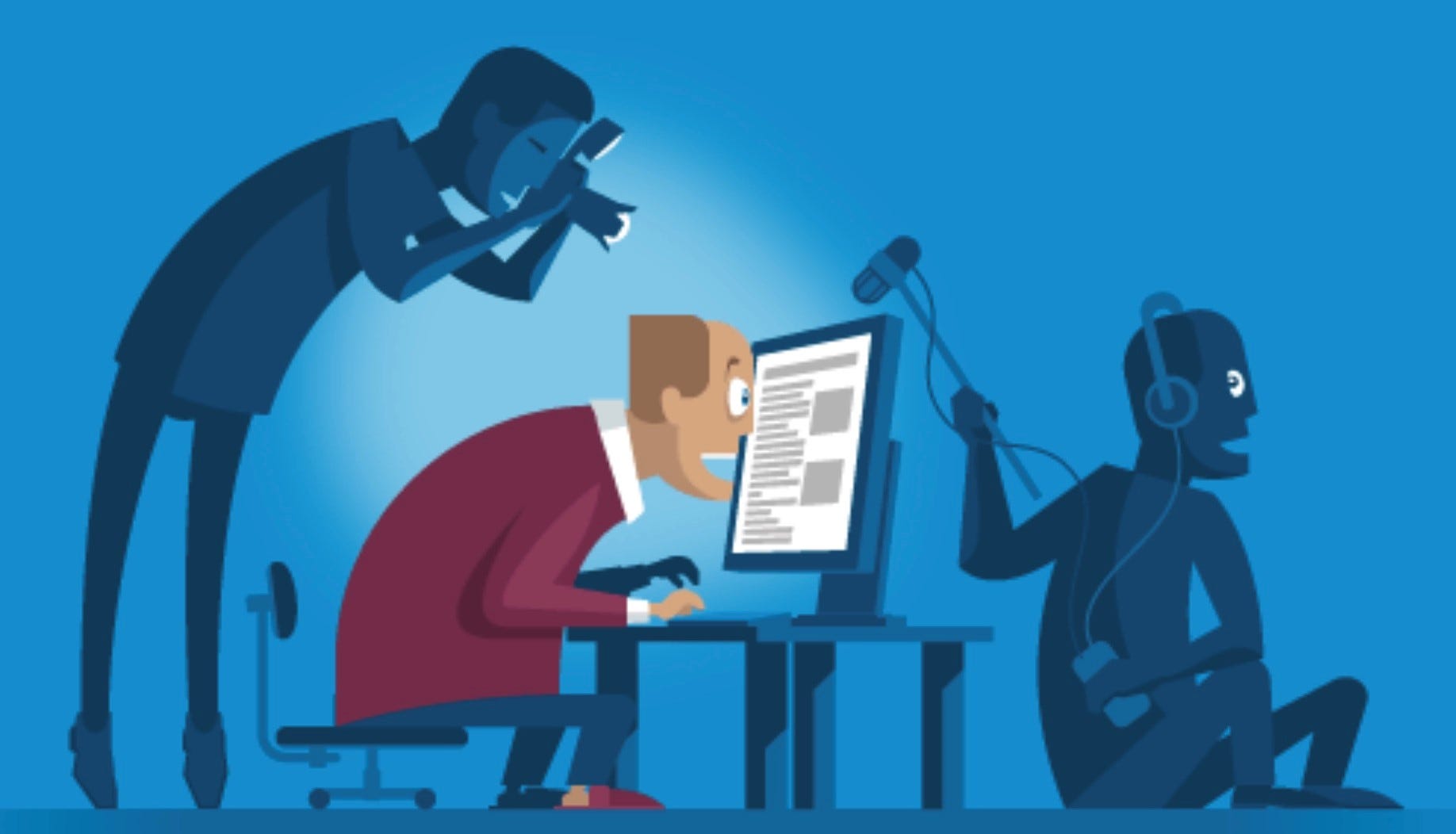

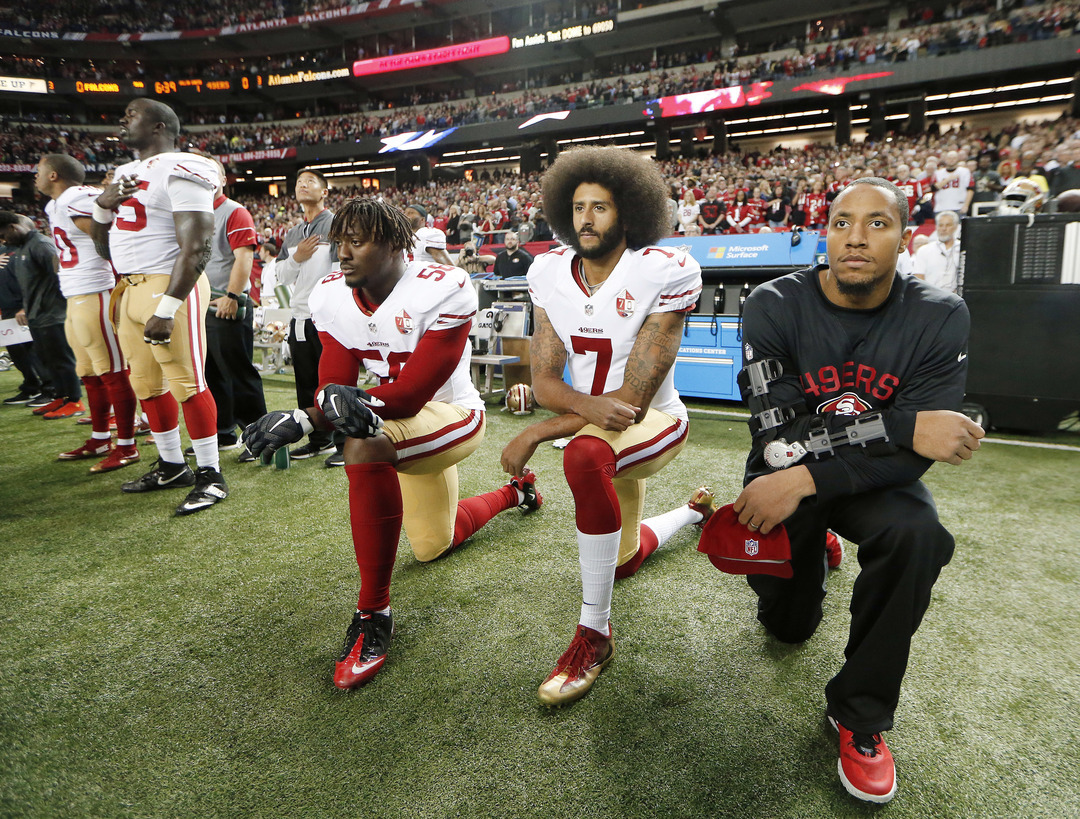


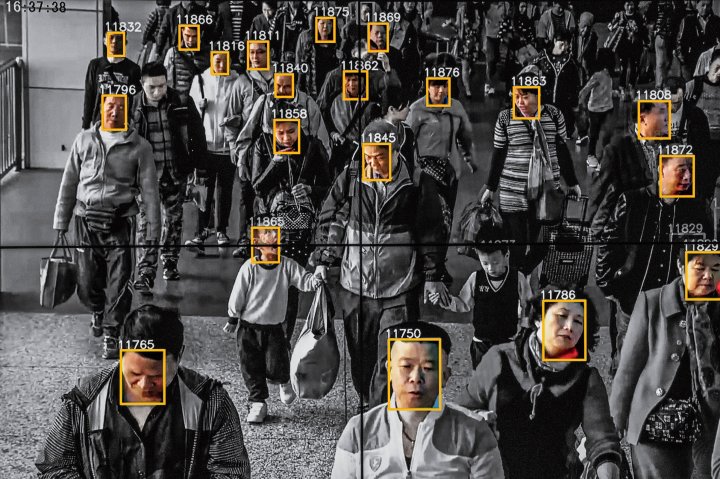
![Anti-Communism Propaganda from the First Red Scare Between 1918-1921 [Capitalist] | Cold war propaganda, American propaganda, Cold war](https://i.pinimg.com/originals/a3/6c/c4/a36cc457d748d0419072d1d62fc1fccb.jpg)


